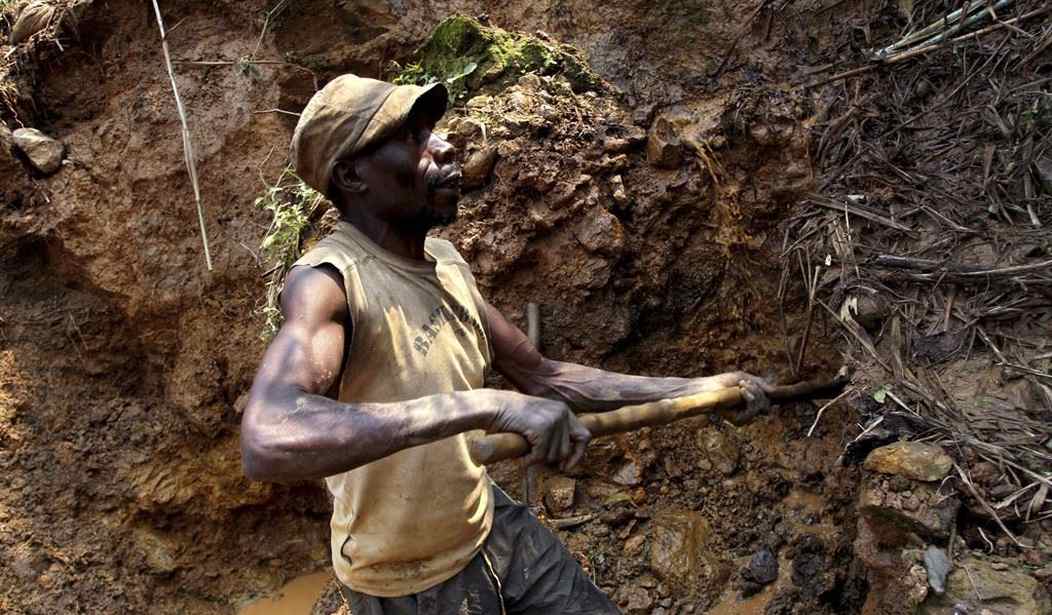The U.S. State Department has issued a "Statement of Concern Related to Certain Minerals Supply Chains from Rwanda and Eastern Democratic Republic of the Congo Contributing to the Ongoing Conflict" lamenting the dismal state of human and labor rights.
From this new Biden administration warning:
In particular, the United States remains concerned about the role that the illicit trade and exploitation of certain minerals, including artisanally and semi-industrially mined gold and tantalum, from the African Great Lakes Region continues to play in financing conflict.
[...]
In many cases, these minerals directly or indirectly benefit armed groups and move out of the country through Rwanda and to Uganda before moving to major refining and processing countries. These supply chains facilitate illicit exploitation and taxation of these minerals, often involving acts of corruption. Concerns also include mineral extraction, transportation, and export, which have involved a wide range of human rights and labor rights abuses, such as forced labor, the worst forms of child labor, violations of the DRC’s minimum age for employment, and sexual and gender-based violence, particularly in certain artisanal mining areas. The U.S. government encourages reform of flawed industry-led traceability initiatives in the region through, among other things, greater transparency, and stronger due diligence mechanisms.
The conditions are certainly a concern, but why are these mines and the materials coming out of them so in-demand?
Recommended
Well, look no further than the Biden administration's January 2023 "memorandum of understanding" with African nations — including the Democratic Republic of the Congo as well as the Republic of Zambia — "concerning support for the development of a value chain in the electric vehicle battery sector."
The State Department's MOU — yes, the same State Department that is now warning about adverse outcomes in mineral supply chains — was announced to support "the DRC and Zambia’s goal of building a productive supply chain, from the mine to the assembly line, while also committing to respect international standards to prevent, detect, and take legal action to fight corruption throughout this process."
How'd that go?
As Townhall reported at the time the MOU was announced, the State Department already knew about the abysmal work conditions its efforts would only incentivize further — and these ill-gotten gains would likely be used to fund other bad acts:
In the Democratic Republic of the Congo, "mining bosses, other miners, family members, government officials, and armed groups" have been found to "force or coerce some adults and children to work in artisanal mines in eastern DRC, including through debt-based coercion," the State Department reported in 2022. "Individuals associated with the extractive sector abuse some children in forced labor in the illegal mining of diamonds, copper, gold, cobalt, tungsten ore, tantalum ore, and tin, as well as the smuggling of minerals to Uganda, Burundi, Rwanda, the United Arab Emirates, and Tanzania," the State Department added.
More than 17 months ago when the Biden administration's latest "green" policy was announced, Townhall asked the obvious question: "Amid this corruption and human trafficking, does the Biden administration really think its plan to support these countries' mining activities to produce elements necessary for electric vehicle batteries will occur without exploiting their citizens?" The answer at the time was a presumptive "no." Now, the Biden administration has confirmed the obvious negative consequences.

























Join the conversation as a VIP Member